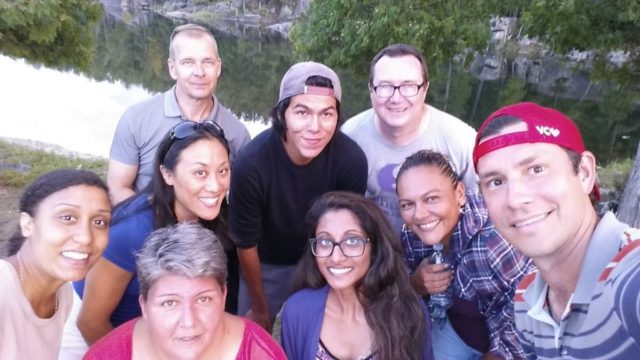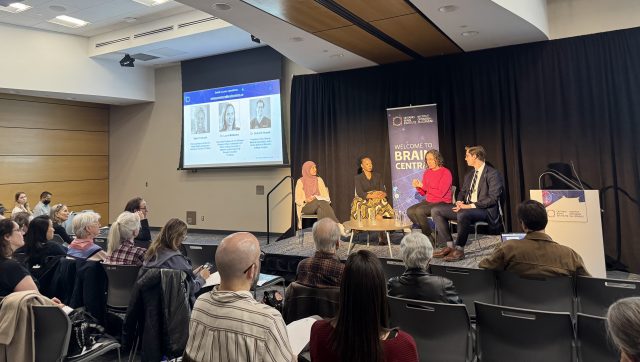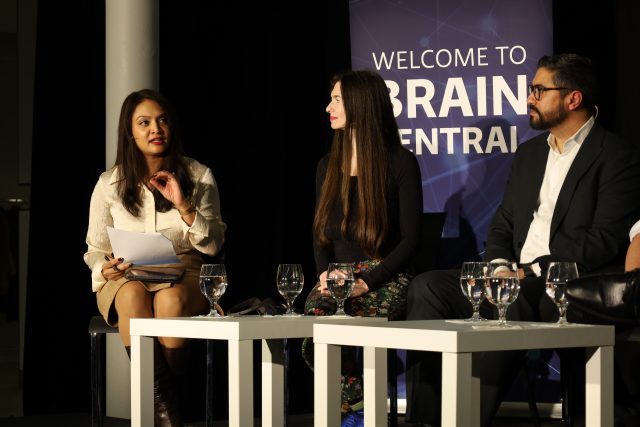In Canada, suicide accounts for 24% of all deaths among 15-24 year olds. For First Nation’s youth, the rate of suicide is five to seven times higher than that of non-Aboriginal youth. Although the incidence of suicide for each First Nation community is different, these statistics remain unacceptably high, inevitably devastating the overall well-being of many close-knit communities.
CAN-BIND (OBI’s depression research program) partnered with an Ontario First Nation community to run a four-part community-based youth program that encourages wellness and appreciation for life. The goal of the program is to build resiliency within the community, promote life and reduce suicides. “Improving mental health support for the local youth was a high priority for this First Nation community, which is what fueled the partnership with CAN-BIND” says Ms. Fonseka, Research Associate and Program lead of CAN-BIND’s Indigenous Outreach Program. Therefore, help offered is on their terms, based on their needs, to connect the youth back to their roots through rigorous consultations with the First Nation community elders enabling a holistic outreach program.
This partnership uses a ‘two-eyed seeing’ approach, where Indigenous and Western traditions and teachings are used to inform a program. The community chose to base the program on cardinal directions and the seasons; spring (east) speaks of belonging; summer (south) is based on identity; autumn (west) focuses on self-esteem and winter (north) highlights purpose. Working alongside the representatives of the First Nation community, CAN-BIND helped to develop the program content and provide tools and resources. They also offered training to community staff on program sustainability so that the community can wholly own and run the program long-term.
“We are looking to decrease depression and suicide in the community by developing a critical mass of positive social supports for the youth” says Dr. Gerald McKinley, Principal Investigator of CAN-BIND’s Indigenous Outreach Program. “By identifying deficits and strengths in a community we can mitigate the risk of self-harm. Feelings of belonging act as a protective factor against depression and suicide, but belonging, when thought of as relationships, are an important cultural factor for many First Nation communities.”
For the community, the program is the beginning of a dialogue with their youth about wellness and life promotion, inviting them to share their thoughts and experiences in a safe and cultural setting. For the team, the project has led to important learning on all sides; working together has led to an overall better understanding of how to approach mental health from Indigenous and Western perspectives.



